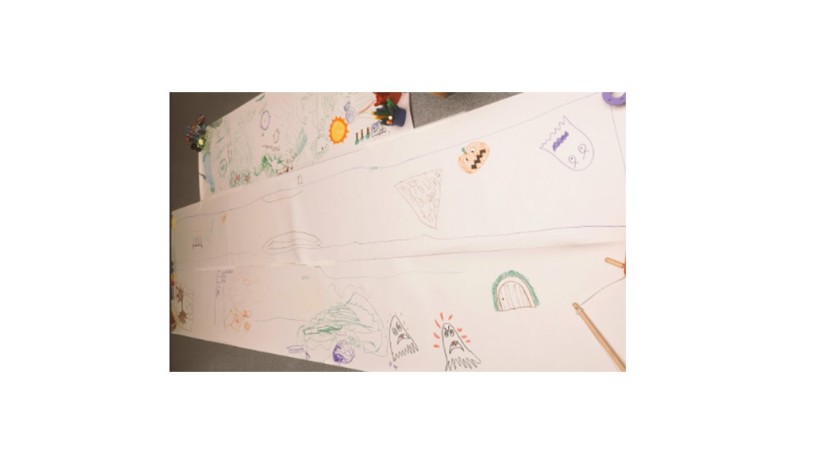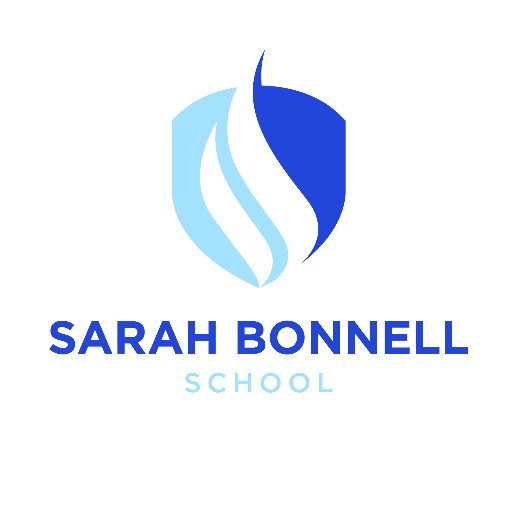Nick Bentley – Lead Practitioner and Nurture Group Teacher
@NBentleyTweets
Teachers are often really keen to develop young people’s communication skills; to support them in their writing, to improve the quality of their conversations, and to prepare them for the reading, writing, speaking and listening they will need to do in their broadest sense, as life skills. It is helpful, therefore, to consider how this can be done in an enjoyable and creative way. This blog post seeks to suggest four ways I have sought to employ create strategies to develop communication skills.
Collaborative Drawing

Image from Collaborative Drawing
An inclusive and often enjoyable way of encouraging students to record their ideas can be a collaborative drawing task. I have had students unfurl large sheets of wallpaper where they can draw ideas which help them to create visual worlds related to the content of what we have been studying. For instance, this could be an interesting setting from a historical period in Humanities, the surface of a planet in Science, or the opening scene from a play in Drama. Students are then challenged to use specific details and impressive vocabulary to describe their designs, using the image of what they had created as a model to ensure they are precise, specific and sophisticated in their writing.
The Value of Reading Aloud
Myra Barrs and Valerie Cork worked with the Centre for Literacy in Primary Education (Twitter handle @clpe1) in The Reader in the Writer to do some hugely meaningful work in relation to the connection between studying literature and students’ writing. One wonderfully helpful finding has been the relationship between teachers reading aloud and the writing students have been able to produce. This has really inspired me to indulge in creative storytelling, retellings of writings, and shared choral speech with young people, as means to break down pieces of text and encourage young people to develop their writing and responses.
In-role Tasks
Drama activities can be hugely meaningful as a means to support students to access challenging language beyond that which they might ordinarily be confident to draw upon. In English lessons, this might involve participating in a collaborative discussion as a journalist before writing a report. Students could role-play as geographers, scientists, or philosophers – indeed any groups of people who might be relevant – to stretch their vocabulary, before writing.

Image of a Resource from an In-role Task
Language Movement Games
Warm-up tasks where students move around a classroom space, before responding to key words can be an enjoyable way to introduce challenging adjectives and adverbs before young people use them in their writing and speech. As a teacher you can call out words which students must embody in their movement, e.g. “petrifying,” “ecstatic,” or “monstrous.” Alternatively, students can be given the task of calling out challenging words for each other.
These ideas have simply been suggestions for how young people might engage with language and communication as a means to approach the curriculum and develop key life skills. I have found them to be meaningful not only as a way to improve writing and speaking, but also an enjoyable set of activities to support students’ engagement in learning, and to foster a safe, secure and joyful learning environment.
